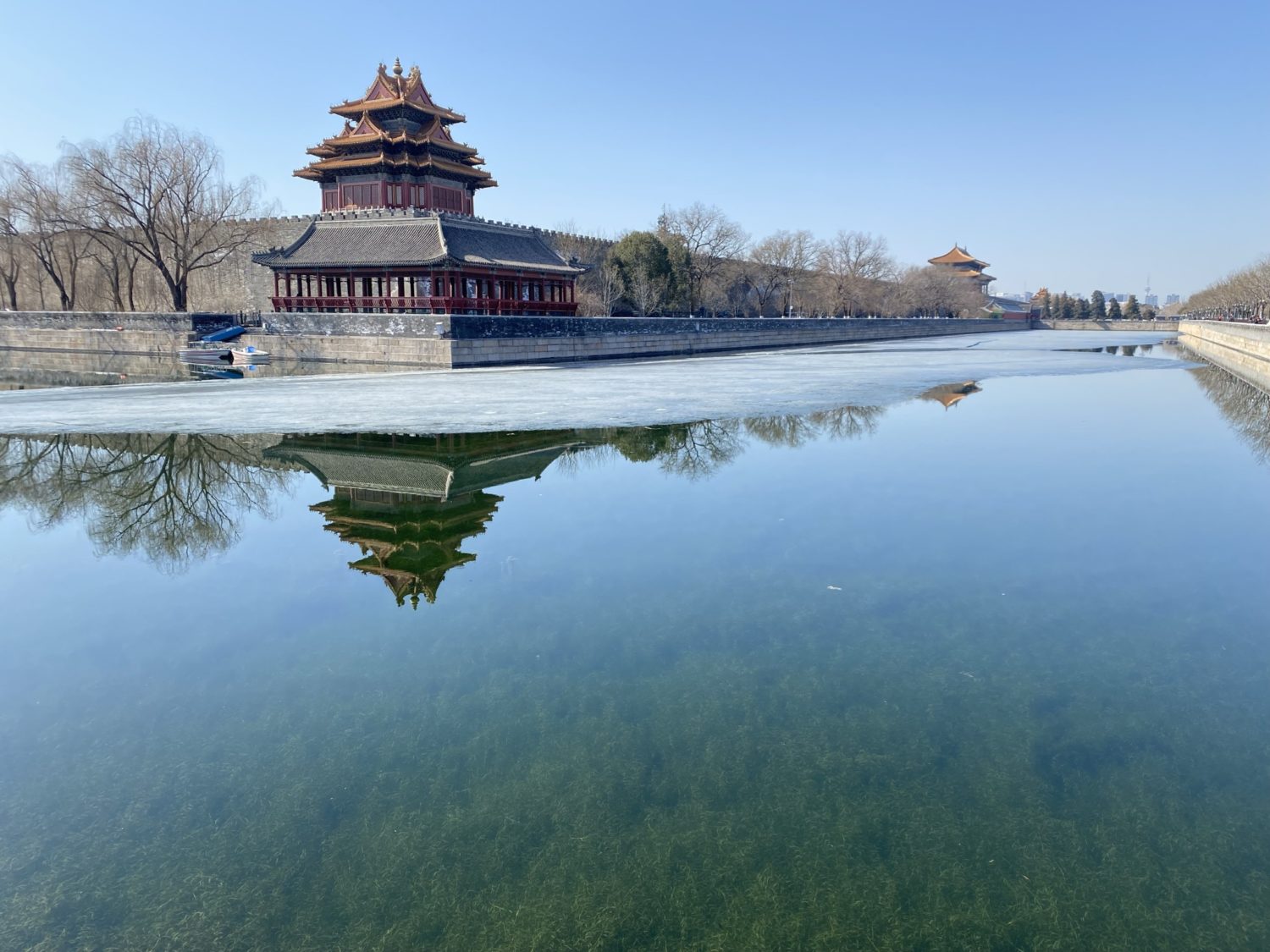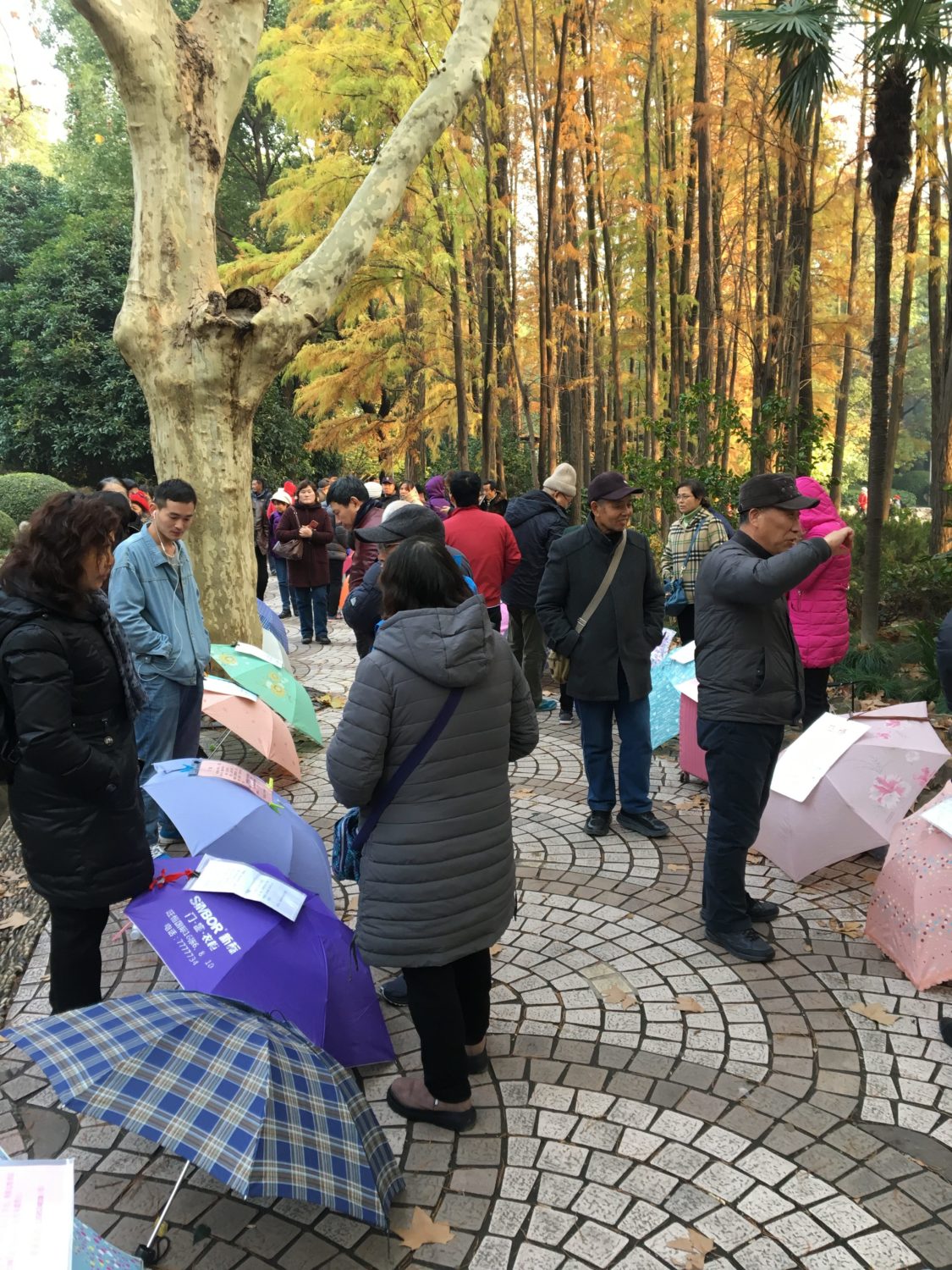As a child growing up in Australia, I remember seeing the Dragon Boat races on the Swan River in Perth. The colourfully painted dragon head on the front of each longboat and the rhythmic drumming of the pace drum would always catch my attention. I was intrigued by the crews aggressive paddling and how they almost appeared mechanical in their rhythm.
The Dragon Boat Festival, also called ‘Duān wǔ jié (端午节)’ (Duan meaning double, and wu meaning five), has been celebrated in China for over 2000 years. Occurring near the Summer Solstice, the holiday falls on the fifth day of the fifth lunar month of the traditional Chinese Calendar. Accordingly, in the Gregorian Calendar, the festival falls on a different date each year. In 2022 the holiday will be celebrated on Friday, June 3.
It is around this time of year we start to see Zongzi (粽子 – zòng zi) on offer in many restaurants and shops. Zongzi are Chinese sticky rice dumplings. This traditional Chinese food is made with glutinous rice and stuffed with various fillings, wrapped in bamboo leaves and steamed. It is the most popular food during the Dragon Boat Festival. So popular Zongzi are also available at KFC, 7-11 and even Starbucks has a sweet flavoured frozen version during this time.
I recently learned the various Zongzi originated from different parts of the country. The sweet Zongzi filled with dates and red bean paste originated in Northern China, whereas the savoury Zongzi stuffed with meats and salted egg originated in Southern China. These days you can find many different colour and flavour variations, but I personally prefer the savoury Zongzi and especially like the pork and salted egg filling.
You may be wondering what Dragon Boats and Zongzi have in common and why the holiday is celebrated in this way.
Each year, the festival commemorates the life and death of the very famous poet and scholar, Qu Yuan. Qu was a well-respected advisor to King Huai of Chu (楚怀王 – chǔ huái wáng) in Chu kingdom (楚国 – chǔ guó) during the Warring States Period (战 国时代 – zhàn guó shí dài) way back in 277 B.C.
Legend has it, rivals of Qu Yuan who were jealous of his favour with King Huai of Chu slandered him and turned the king against him. As a result Qu was exiled. Without the wise words of Qu Yuan to guide him, the King was duped by the rival Qin State and the Chu Kingdom was overthrown.
Upon hearing his beloved kingdom had been conquered, Qu Yuan committed suicide by strapping weights to his feet and walked into the Miluo River (汨罗江 – mì luó jiāng).
Qu Yuan was so revered that when the local townspeople saw what he had done they paddled boats out onto the river in an attempt to save him. They threw rice into the river to appease the river dragons and scare the fish away. After they were unable to retrieve Qu’s body the townspeople threw sticky rice dumplings wrapped in bamboo leaves into the river to ensure he was well fed in the afterlife.
Over the centuries the custom of paddling dragon boats and eating Zongzi to commemorate Qu Yuan’s death has evolved into the Dragon Boat Festival. Nowadays the festival is celebrated in many countries around the world.
I am yet to experience a Dragon Boat race in China. Hopes to watch the Dragon Boat races on Suzhou Creek in the past few years were dashed due to Covid-19 restrictions. I’ve resolved to celebrate this year’s festival by trying as many types of Zongzi as I can find.
祝你端午节快乐!
zhù nǐ duān wǔ jié kuài lè
Wishing You a Happy Dragon Boat Festival!

(Featured Image of Dragon Boats courtesy of Kiril Makarov)
You may be interested in –









Another great article! Thanks for this.
Thank you Ilse 🙂